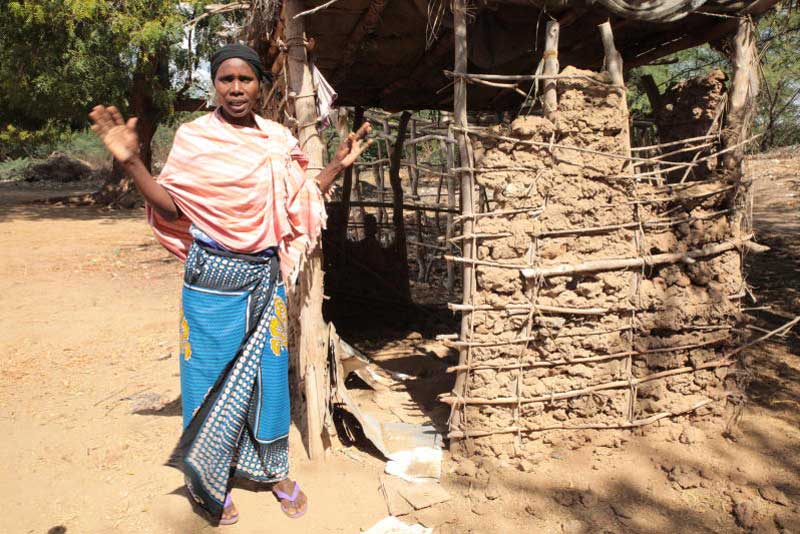×
The Standard e-Paper
Fearless, Trusted News

Six years since she got married, Fatuma Amina is yet to step into a toilet in her homestead located in Makere, Tana River County.
As a daughter-in-law, and with the homestead having a single toilet, it is an abomination for her waste to mix with that of the parents-in-law. Cultural taboos also prohibit faeces of children from mixing with those of elders.